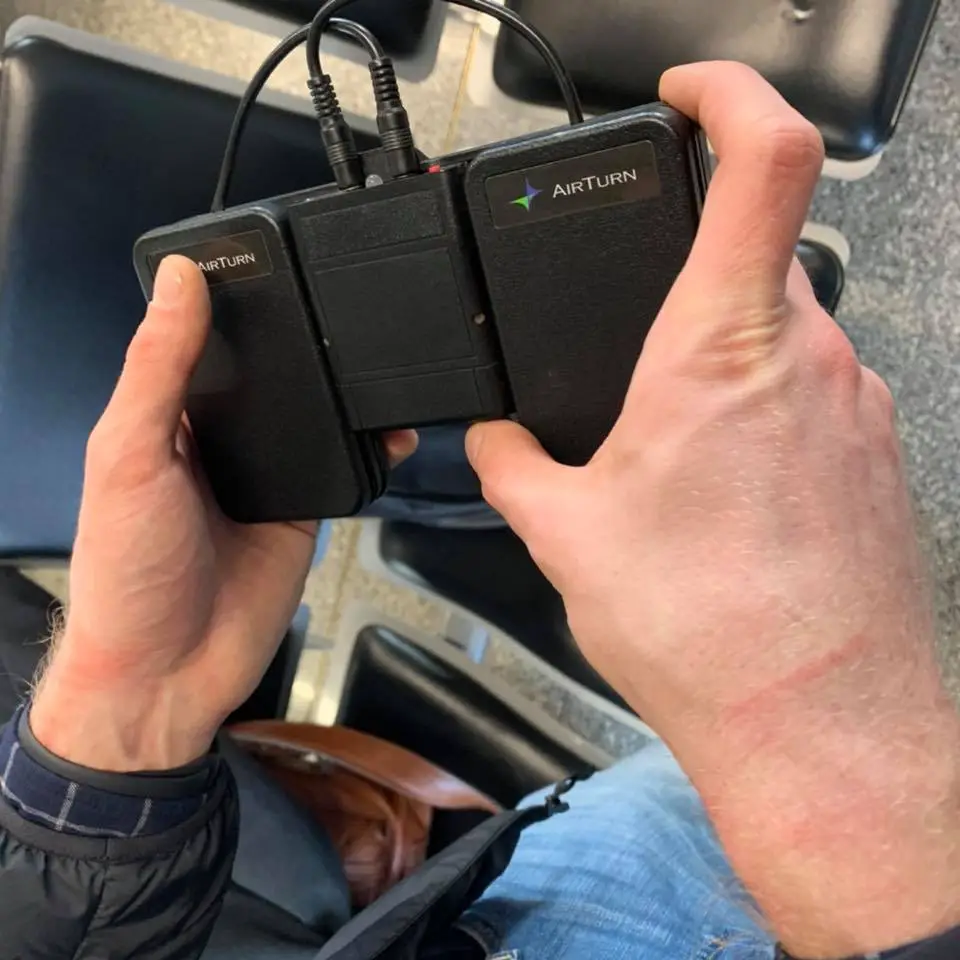Retail group Tuš enters preventive restructuring
CELJE - Three companies that form the heavily indebted retail group Tuš have entered preventive financial restructuring. The restructuring for the holding company Tuš Holding, its retail arm Engrotuš and its real estate arm Tuš Nepremičnine was initiated by the Celje District Court at the request of the companies themselves. Tuš said the new procedure had been initiated with the support of a majority of financial creditors since the existing master restructuring agreement will soon expire.
General government surplus at EUR 193 million in Q3
LJUBLJANA - Slovenia recorded an above-average general government surplus in the third quarter of the year, as it reached EUR 193 million or more than triple that in the same period last year, the Statistics Office said. The surplus represented 1.6% of Slovenia's GDP, and was up by EUR 134 million or 1.1% of GDP compared to the same period in 2018.
Inflation at 1.9% in 2019, 0.1% deflation recorded in December
LJUBLJANA - The annual inflation rate in Slovenia was 1.9% in 2019, the Statistics Office reported, with higher prices of food contributing the most to inflation. A 0.1% deflation was recorded at the monthly level in December. Prices of food were up by 3.5% this year, while prices of services increased by 2.6% and prices of goods by 1.3%.
Adria Mobil tops its past business results
NOVO MESTO - Caravan maker Adria Mobil achieved the best annual business result so far in the wake of its changed business year. The company said it had sold some 15,240 caravans and generated EUR 401.9 million in gross sales revenue from the beginning of September to the end of August, an 8% increase compared to the previous comparable cycle.
Ljubljana benchmark up 15% in 2019
LJUBLJANA - The Ljubljana Stock Exchange had a bullish year, with the SBI TOP benchmark index adding 15.2% from the start of the year until the last trading day. Market capitalisation of all listed papers increased by 3% to EUR 34.9 billion. The SBI TOP closed the year at 926.1 points, just shy of its annual peak achieved on 16 December. The lowest level this year was recorded on 4 January, when it stood at 801.5 points.
Trump effigy defaced upon relocation
MORAVČE - Moravče, a town north-east of Ljubljana, is the new home of a giant wooden sculpture resembling US President Donald Trump, which stirred controversy in late summer when it was erected in a tiny nearby village. The night before the second unveiling, the effigy was defaced in an effort to add a Hitler-like moustache. Moravče Mayor Milan Balažic, wearing a localised MAGA hat, condemned the defacement saying that Moravče would serve as a shelter for the sculpture.
Russian biathlete Podchufarova waiting to compete for Slovenia
POKLJUKA - Russian biathlete Olga Podchufarova has applied for Slovenian citizenship and if she gets the go-ahead and the procedure is fast-tracked, she could come out of retirement to compete for Slovenia at the upcoming Pokljuka World Cup Biathlon in late January.
Diesel hits seven-month high
LJUBLJANA - Regulated diesel prices will hit a seven-month high of EUR 1.286 on Tuesday, up almost three cents, while petrol will be 1.6 cents more expensive at EUR 1.298 per litre. The prices of regular petrol and diesel sold at petrol stations outside the motorway and expressway network remain regulated by the state, while prices of fuel sold on motorway petrol stations are fully liberalised.






